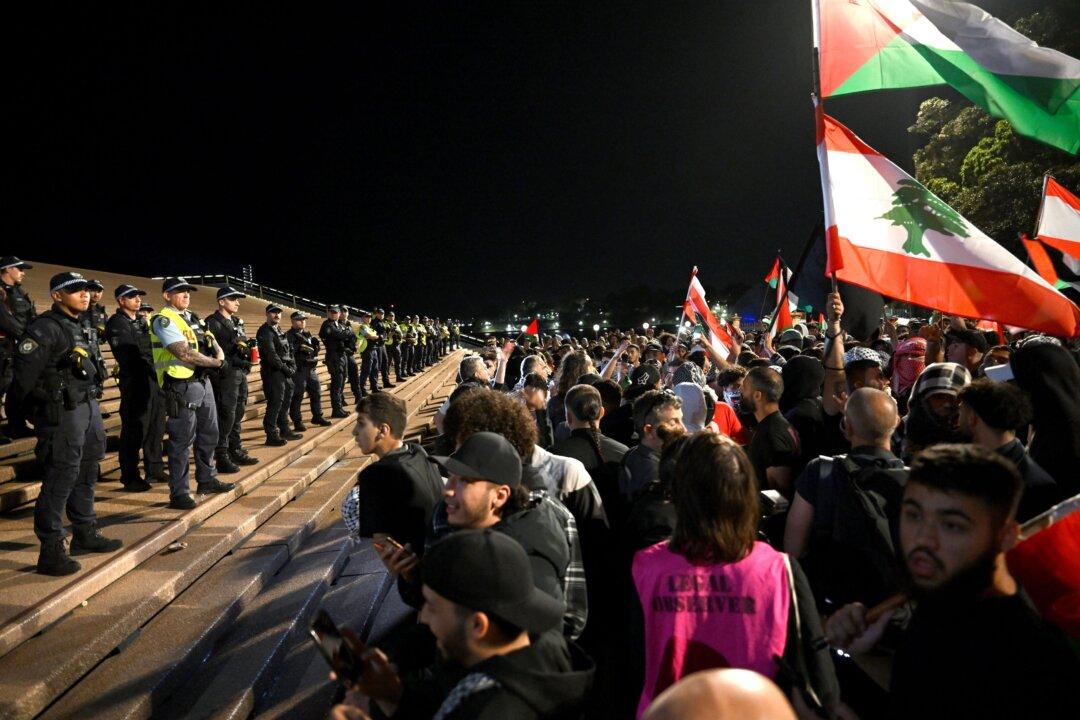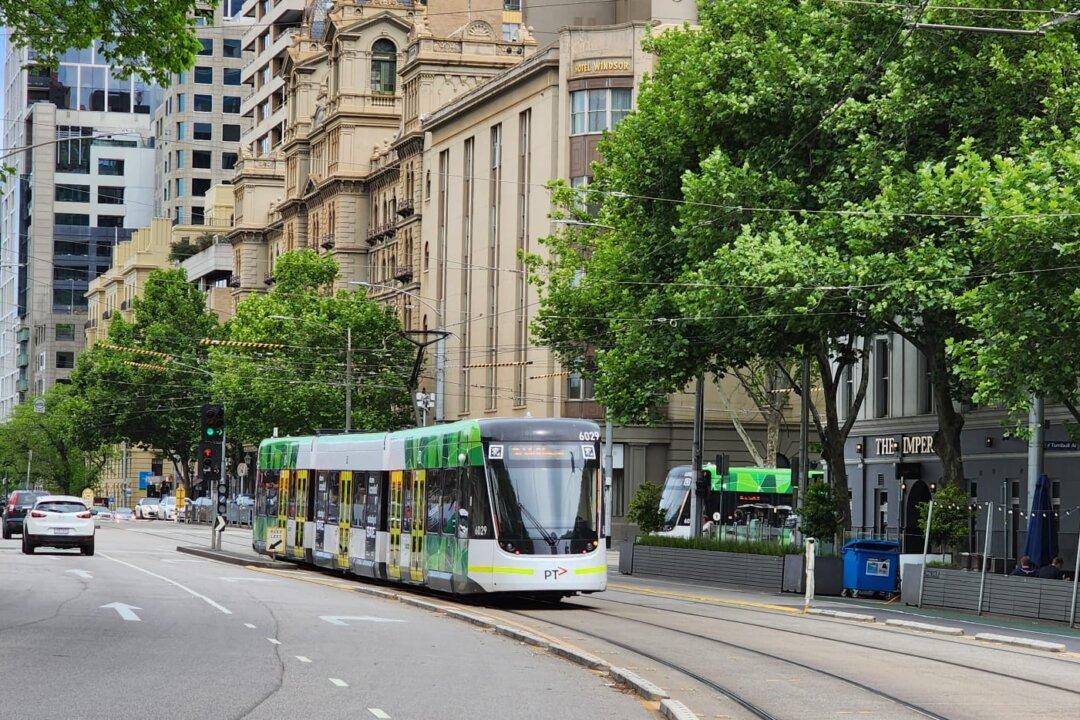Queensland’s Parliament has passed legislation to outlaw the public display and use of prohibited hate symbols.
Under the new laws, individuals found to be exhibiting what the government deems to constitute hateful insignia will be charged with a criminal offence. The legislative changes are part of overarching efforts to “protect Queenslanders from the distress associated with the display of symbols that are representative of an ideology of extreme prejudice against a particular religious, ethnic, gender or other relevant group.”





